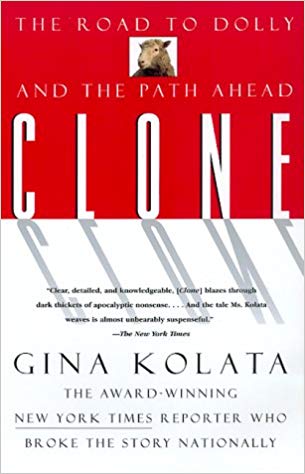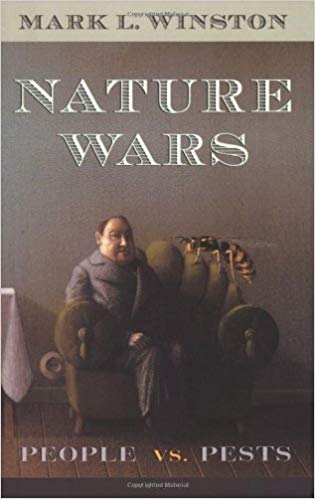Climate Change: Where Do We Go From Here?
Every issue explores cutting-edge developments in technology, medicine, education, climate change, and much more. Articles provide in-depth analyses of science and technology’s impact on public policy, the economy, and society—bringing today’s best minds to bear on tomorrow’s most critical topics.
Editor's Journal
The Two Cultures Revisited
Science Wars is the title of a book of essays edited by Andrew Ross and published in 1996. The inflated premise of the book is that a fierce intellectual battle is being… Read More
From the Hill
From the Hill – Spring 1998
Clinton’s proposed big boost in R&D spending faces obstacles President Clinton’s FY 1999 budget request, which projects the first surplus in nearly 30 years, calls for increased R&D investments, especially for fundamental… Read More
Perspectives
Patent Nonsense
Pending legislation threatens to tilt the intellectual-property playing field toward established market giants and greatly compound the risks for innovators and their backers. The bill’s effects would be so far-reaching that a… Read MoreScorched-Earth Fishing
The economic and social consequences of overfishing, along with the indiscriminate killing of other marine animals and the loss of coastal habitats, have stimulated media coverage of problems in the oceans. Attention… Read MorePatented Genes: An Ethical Appraisal
On May 18, 1995, about 200 religious leaders representing 80 faiths gathered in Washington, D.C., to call for a moratorium on the patenting of genes and genetically engineered creatures. In their “Joint… Read More
Features
Implementing the Kyoto Protocol
The Kyoto Protocol to the United Nations Framework Convention on Climate Change is an agreement of historic proportions. Finally, the world is treating global warming seriously. The protocol could put us on… Read MoreThe Long Road to Increased Science Funding
For decades, the United States has quietly supported one of the key sources of our nation’s innovation and creativity-federal funding of basic scientific, medical, and engineering research. Federal investments in research have… Read MoreUnleashing Innovation in Electricity Generation
This nation’s electric power industry is undergoing profound change. Just when lawmakers are replacing regulated monopolies with competitive entrepreneurs, a new generation of highly efficient, low-emission, modular power technologies is coming of… Read MoreExtending Manufacturing Extension
At the start of this decade, U.S. efforts to help smaller manufacturers use technology were patchy and poorly funded. A handful of states ran industrial extension programs to aid companies in upgrading… Read MoreThe Least-Cost Way to Control Climate Change
In December 1997 in Kyoto, Japan, representatives of 159 countries agreed to a protocol to limit the world’s emissions of greenhouse gases. Now comes the hard part: how to achieve the reductions.… Read MoreKyoto and Beyond
The international agreement concluded in Kyoto, Japan, during the first two weeks of December 1997 to limit greenhouse gas emissions to forestall climate warming is variously portrayed as a success or a… Read MoreSpring 1998 Update
Progress begins on controlling trade in light arms In an article in the Fall 1995 Issues (“Stemming the Lethal Trade in Small Arms and Light Weapons”), I urged that increased international attention… Read More
Book Reviews

Cloning news
Gina Kolata, a science reporter for the New York Times, was the first to write about the cloning of Dolly in a U.S. newspaper. Cloning and its media coverage are the… Read More
Wake-up Call for Academia
Academic Duty is an important book. It provides a corrective to what Donald Kennedy, former president of Stanford University, points to as the academy’s one-sided focus: academic freedom and rights at the… Read More
Rethinking pesticide use
In Nature Wars, Mark L. Winston argues that the public’s equally intense phobias about pests and pesticides often result in irrational pest control decisions. In many situations our hatred of pests… Read More
